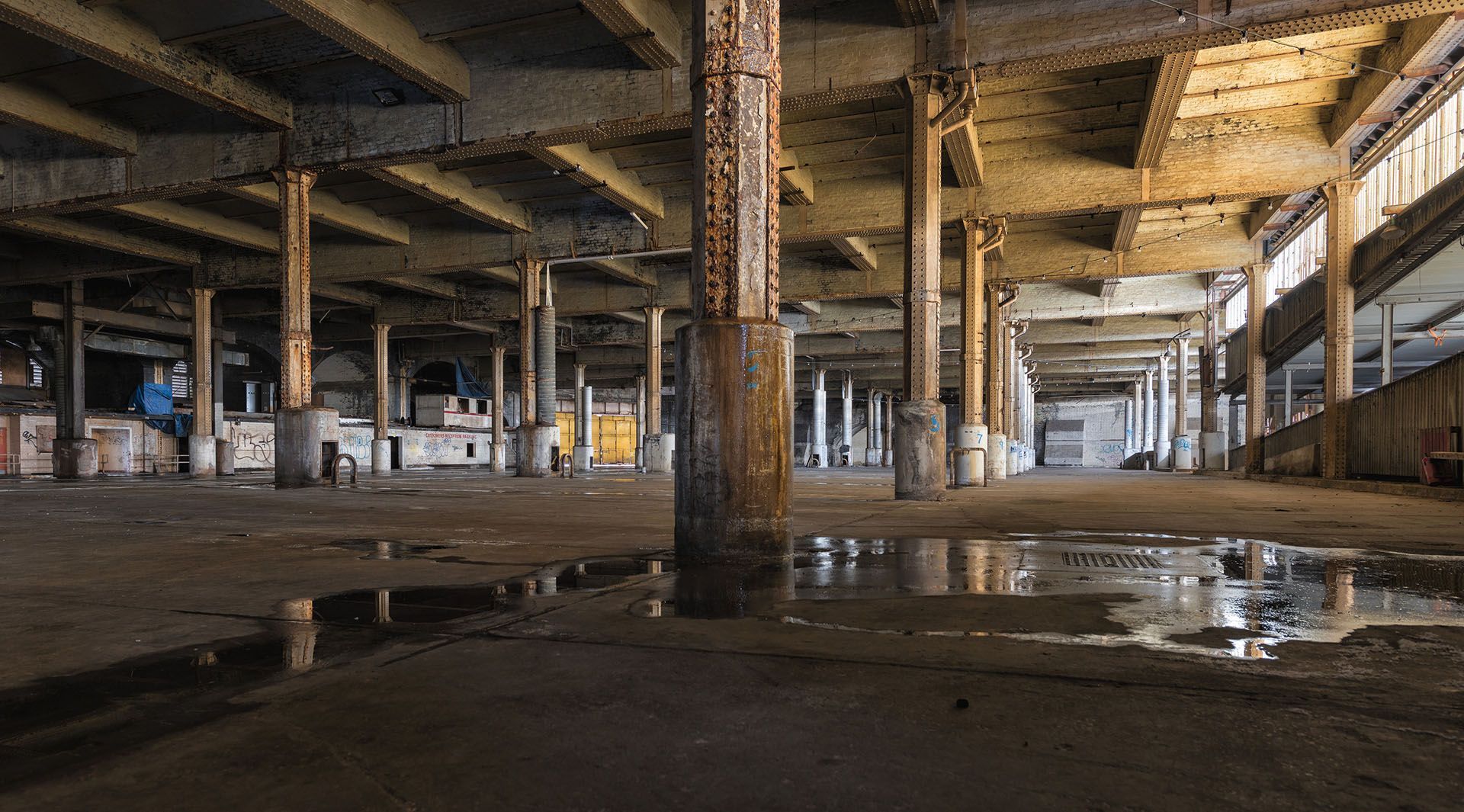Environmental Testing Services for Southwest Colorado & Surrounding Areas
Asbestos
Asbestos is a naturally occurring mineral whose fibers are resistant to heat, electricity, and corrosion, making it an effective insulator. For this reason, it was widely used by many U.S. companies across various industries to make products stronger and resistant to fire until the 1980s. However, these properties also make asbestos toxic and contribute to health problems.
-
Common Products Containing Asbestos
- Auto Parts
- Building Materials
- Cement
- Electrical Parts
- Insulation
-
Dangers of Asbestos
Asbestos exposure can trigger several illnesses, with the major disease being Mesothelioma, a type of cancer. It can also cause other cancers, including lung, ovarian, and laryngeal.
Other diseases it causes include:
- Asbestosis
- COPD
- Pleural thickening
- Pleural effusions & plaques
- Pleuritis
-
Asbestos Inspections & Testing
- Testing for Asbestos via Bulk, Air, and Dust Sampling
- Colorado and EPA Certified Asbestos Building Inspectors
- Colorado and EPA Certified Air Monitoring Specialists
- Colorado and EPA Certified Management Planner
- Colorado State Certified Asbestos Consulting Firm
- Pre-Renovation and Demolition Environmental Testing
Lead Paint
Lead was commonly added to paint to make it stronger, help it resist moisture, and accelerate drying. The use of lead paint was banned in 1978 because it was found to have dangerous medical side effects. Homes built before 1978 can contain lead-based paint that, if disturbed, can release harmful lead-contaminated dust. Everyone is susceptible to the dangers of lead paint, but children and pregnant women are at the highest risk.
-
When to Be Concerned About Lead Paint
Lead paint that is in good shape does not typically pose a risk. Lead paint becomes a problem when it’s broken down into small particles than can be ingested or inhaled. Lead paint in the following conditions should be inspected by a professional:
- Peeling
- Chipping
- Chalking
- Cracking
- Damaged
- Damp
-
Dangers of Lead Paint
For Pregnant Women:
- Risk of miscarriage
- Harmful to a baby’s vital organs
- Premature birth
- Low birth weight
For Children:
- Anemia
- Hearing problems
- Delayed growth
- Behavioral and learning issues
For Adults:
- Memory loss
- Difficulty concentrating
- High blood pressure
- Kidney damage
- Digestive problems
- Nervous system issues
- Reproductive issues
-
Lead-Based Paint Inspections & Testing
- Environmental Testing for Lead Pre-Renovation and Demolition
- Risk Assessments
- EPA Registered Inspector
- Colorado State Certified Lead-Based Paint Consulting Firm
- Colorado State Certified Inspector/Risk Assessor
Mold
Mold in and of itself is not a harmful or dangerous substance. It has its rightful place in our environment and ecosystem where it works to break down and digest dead plants, trees, and other organic matter. The concern over mold comes into play when it’s found in a home or business where it can cause considerable damage and even contribute to health complications.
-
Health Risks Associated with Mold
Mold grows and spreads rapidly and travels easily through the air since mold spores are tiny and lightweight. Exposure to a lot of mold spores can cause allergic symptoms such as:
- Watery eyes
- Runny nose
- Sneezing
- Coughing
- Itching
- Wheezing
- Difficulty breathing
- Headache
- Fatigue
Although many of those symptoms may not seem too worrisome, repeated exposure can increase a person’s sensitivity to mold, leading to more severe and complicated reactions that can even be life-threatening. Persons most at-risk include infants, children, the elderly, and those with compromised immune systems.
-
How to Prevent Mold
Mold thrives on moisture, so keeping the humidity in your home low is an ideal preventive measure. Aim to keep humidity consistently 50% or less. Other steps you can take include:
- Using exhaust fans and vents to keep air flowing, especially in kitchens and bathrooms
- Ensure the clothes dryer vents to the outdoors
- Promptly fix leaks in roofs, walls, or plumbing
- Add mold inhibitors to paint
- Clean up and dry out a home promptly after flooding, obtaining professional help for best outcomes
- Remove any carpet or upholstery that cannot be dried fully or promptly
-
Mold Inspections & Testing
- Indoor Air Quality Investigations
- Bulk, Air, Dust Sampling
- Building Diagnostics utilizing State of Art Survey Equipment
- Testing for Asbestos BEFORE removing damaged material
- Protecting your Health and Investment
Water Damage
- Licensed Engineers Designing Structural Drying Programs
- Professional Indoor Air Quality Monitoring
- Environmental Testing Pre-Response Actions
- Moisture Mapping
- Insurance Billing for Services
- High Loss Damage Specialist
Forensic Engineering
- Professional Litigation Support
- Expert Witness Testimony
- Water Damage Catastrophic Loss Consulting
- Fungal Growth Causation and Exposure
- Landlord and Tenant Disputes including Warranty of Habitability
- Water Pipe Failure Analysis
- Odor and Emissions Cause and Exposure
- Environmental testing
Building Science
- Failure Analysis and Design
- Building Envelope Modeling, Roof, and Wall Assembly
- Ventilation Systems Design for Air Quality and Humidity Control
- Infra-Red Thermal Imaging
- Building Inspections including Construction Quality Assurance
- Ventilation Effectiveness, Tracer Gas Analysis
- Waterproofing and Drainage Inspection
- Custom Designed Crawlspace Retrofits/Design for Improved Thermal and Indoor Air Quality and Humidity Control
- High Altitude Retrofits for Telluride, Gunnison, Silverton
- Failure Analysis of Walls, Roofs and Below Grade Features
Call Plateau Environmental at 970-252-1363 for your environmental testing consultation today!
We proudly service southwest Colorado, including a 200-mile radius of Montrose and some areas of Utah. The areas we travel to include, but are not limited to, the following:
Cedaredge, Cortez, Crawford, Crested Butte, Delta, Durango, Gunnison, Hotchkiss, Lake City, Montrose, Naturita, Norwood, Nucla, Ouray, Pagosa Springs, Paonia, Rico, Ridgway, Silverton, and Telluride.
- Mon - Fri
- -
- Saturday
- -
- Sunday
- -
24-Hour Emergency






